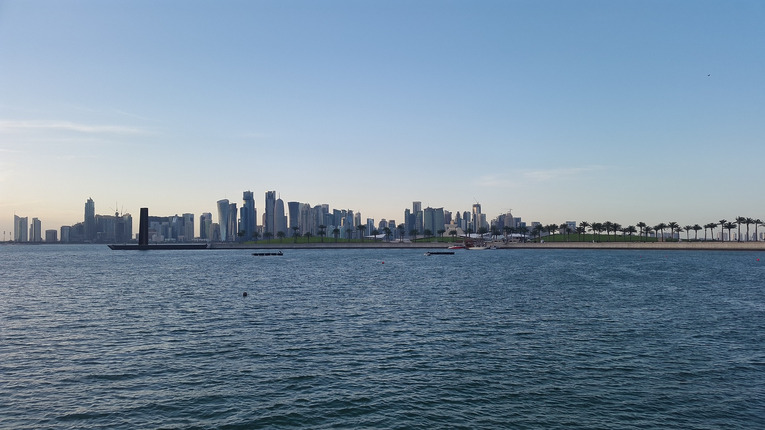 It’s a tournament that is widely regarded as the best sporting spectacle on the planet.
It’s a tournament that is widely regarded as the best sporting spectacle on the planet.
For decades, the World Cup has brought together the best 32 teams from around the globe to compete in your classic ‘group of four’ format. It’s traditionalism like that, and a resistance to change, that helps to cement the legacy of a tournament – it’s something that the ICC could learn a lot from with regards to cricket’s own version of the showpiece.
Fans of history and heritage were rather miffed when Gianni Infantino, the president of FIFA, was entertaining notion of extending the 32-team format to 48; which naturally would have lengthened the competition’s duration and witnessed more teams from far flung corners of the globe qualifying.
Originally, that change was muted for the 2026 edition, but Infantino was keen on bringing the transition forward to 2022 in Qatar.
“If it is possible, why not?” the Italian said when questioned about his abomination.
“We have to see if it is possible, if it is feasible. We are discussing with our Qatari friends, we are discussing with our many other friends in the region and we hope that this can happen.
“And, if not, we will have tried. We will have tried because we always have to try to do things in a better way.”
It’s slightly worrying that the president of FIFA thinks there is things wrong with the current format, but there you go!
But here’s some good news anyway: football’s governing body has pooh-poohed Infantino’s brainwave.
The World Cup Remains As Is….For Now

FIFA has come out recently and stated that after a ‘thorough and comprehensive consultation process’, they would not be pursuing a 48-team World Cup for the foreseeable future.
It’s a huge sigh of relief for those who have campaigned against the expansions – particularly in Qatar, where there have already been concerns about the human rights of migrant workers tasked with building stadiums and infrastructure ahead of the tournament.
One organisation that has been putting pressure on FIFA has been Amnesty International, who wrote directly to the governing body to query whether extending the tournament, and thus adding new hosts such as Saudi Arabia, the UAE and Kuwait, was really viable.
Amnesty’s Stephen Cockburn said:
“There are human rights risks associated with adding new hosts, not least the potential widespread exploitation of migrant workers providing construction services.”
FIFA has their own human rights regulations to consider too, which include such sentiments as their responsibility to ‘monitor and enforce mechanisms for labour rights on stadium construction sites’.
Those rules were brought in during May 2017 to protect the rights of low paid workers, with FIFA stating at the time that they are ‘committed to respecting all internationally recognised human rights and shall strive to promote the protection of these rights.’
And those are just the human reasons to despise the change to 48 teams. Add another 16 sides into the mix and you lengthen the tournament, which would surely begin to eat into either end of the European club campaign.
The players would get even less of a rest period during the summer months, and we can’t see many club managers giving that the green light!
